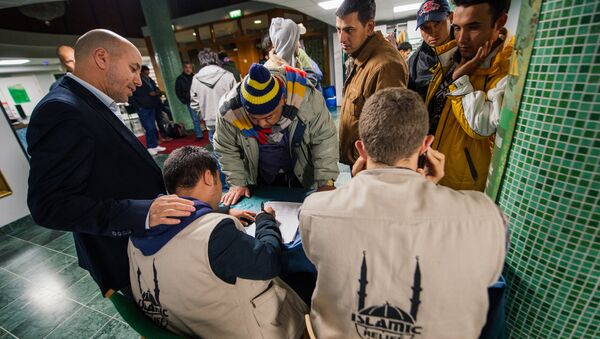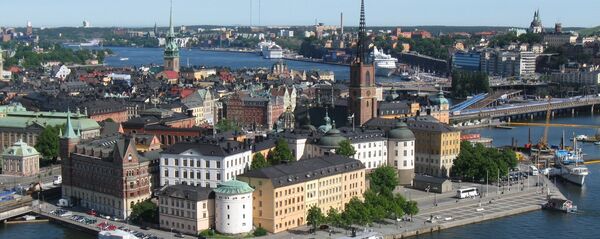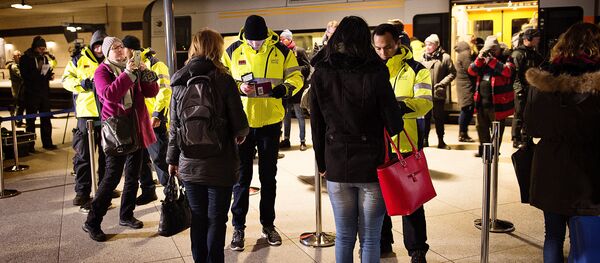An asylum seeker with a valid ID is usually allowed to work in Sweden despite not yet having a residence permit, provided he or she is granted an exception by the Migration board. Typically, such an exception is granted automatically. Last year, however, Sweden was faced with an unprecedented number of asylum claims, which stalled the administrative machinery.
"It was an incredible number of people applying for asylum in Sweden, and we had to de-prioritize certain tasks to simply be able to register them all, and it was the matter of jobs," Lisa Bergstrand of the Migration board told SVT.
Recent figures suggest that the employment gap between native Swedes and the foreign-born is likely to grow further. In April, unemployment rates among people born in Sweden fell to 4.9 percent, hitting its lowest level since the global financial crisis in 2008, whereas unemployment among the foreign-born was registered as 14.9 percent, Norrköpings Tidningar reported.
In December, Sweden's employment agency made the grim prediction that by 2017 up to 60 percent of the unemployed living in Sweden will be foreign-born. The challenge of finding work will hit the new arrivals in particular, above all those with low levels of education.
At present, the number of unemployed migrants in the Nordic nation of roughly 10 million is three times as large as the total personnel of the Swedish army, which is registered at 52,325, according to Sweden's armed forces.





